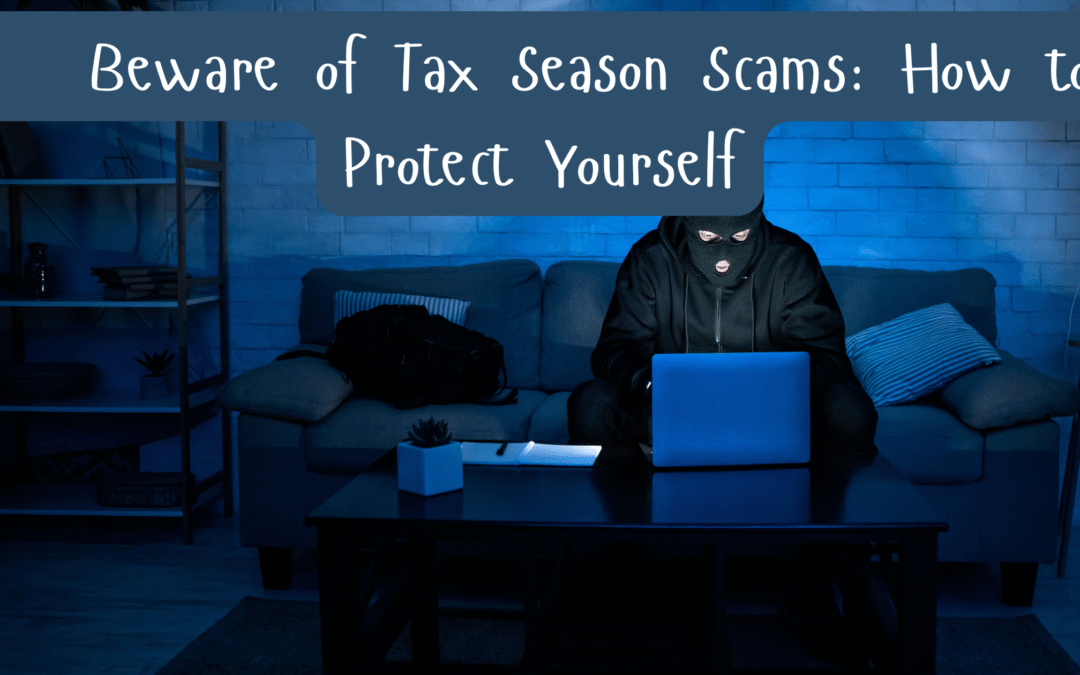Scammers are always looking for ways to steal your money and personal information, especially during tax season. The IRS is warning you to stay alert, avoid misleading tax advice, and make informed filing decisions.
One growing concern this year is false or misleading tax advice spreading on social media. Some posts encourage people to misuse tax forms or claim credits they don’t actually qualify for. Falling for these scams can lead to incorrect filings, delayed refunds, or even criminal charges.
For example, some social media users are pushing a fake “Self-Employment Tax Credit,” claiming it provides extra payments for gig workers. In reality, this credit doesn’t exist. Another misleading claim suggests you can qualify for up to $32,000 through the Employee Retention Credit when that’s not true for most people.
The best way to protect yourself is to rely on official IRS sources or trusted tax professionals. If something sounds too good to be true, it probably is. Before you file, make sure you’re following accurate, reliable tax advice because mistakes can be costly.
